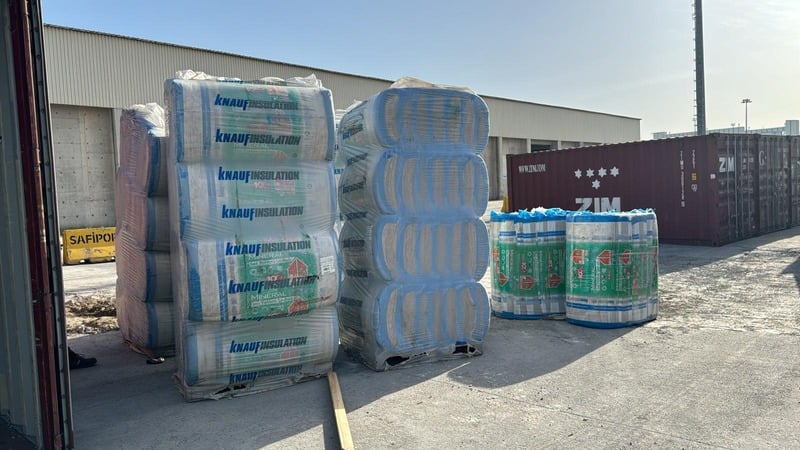
The Impact of Insulation Materials on Energy Efficiency
When it comes to reducing energy consumption in buildings, the importance of insulation materials cannot be overstated. Insulation plays a crucial role in maintaining comfortable indoor temperatures while minimizing energy waste. In this blog, we will explore how different insulation materials can significantly affect energy efficiency and contribute to long-term cost savings and environmental benefits.
1. How Insulation Improves Energy Efficiency
Insulation works by reducing the amount of heat that escapes during the winter and the amount of heat that enters during the summer. By creating a barrier, insulation helps maintain a stable indoor temperature. This means less reliance on heating and cooling systems, reducing energy usage. The more efficient the insulation, the less energy is needed to heat or cool the space, leading to lower utility bills and reduced environmental impact.
2. Types of Insulation Materials and Their Energy Efficiency
- Rockwool (Mineral Wool): Known for its excellent thermal resistance, rockwool is a highly effective insulation material. It has a high R-value, meaning it is very good at preventing heat transfer. This helps maintain energy efficiency in both hot and cold climates, making it ideal for year-round use.
- Fiberglass: Fiberglass insulation is another popular option. It is widely used due to its cost-effectiveness and reliable thermal performance. While it may not provide the same level of insulation as rockwool, it still contributes significantly to energy savings, especially when installed in walls, attics, and floors.
- Polyurethane Foam: This material is excellent for insulating hard-to-reach areas like corners or gaps. It provides a high R-value and excellent air-sealing properties, which prevents drafts and air leakage, boosting energy efficiency.
- Cellulose: Made from recycled paper products, cellulose is an eco-friendly option with good thermal performance. It is commonly used for blown-in insulation and can effectively reduce energy loss in attics and walls.
3. Energy Efficiency Benefits for Homeowners and Businesses
For homeowners, investing in the right insulation materials can lead to substantial savings on heating and cooling costs. In fact, proper insulation can reduce energy bills by up to 30%. In commercial buildings, effective insulation can reduce the need for HVAC systems to work overtime, improving overall building performance and reducing carbon footprints.
4. Environmental Impact and Sustainability
Choosing energy-efficient insulation materials also contributes to sustainability efforts. By reducing energy consumption, these materials help reduce greenhouse gas emissions. Additionally, many modern insulation materials, such as recycled cellulose and recycled fiberglass, are more environmentally friendly and reduce waste by utilizing materials that would otherwise end up in landfills.
5. Choosing the Right Insulation for Maximum Energy Efficiency
To ensure optimal energy efficiency, it’s important to select the right insulation material for the specific needs of your building. Factors such as climate, building design, and budget will determine which insulation material is best. For example, if you are in a colder climate, materials with a higher R-value like rockwool may be more suitable, while in milder climates, fiberglass or cellulose may offer sufficient insulation at a lower cost.
Conclusion
The choice of insulation material plays a critical role in improving energy efficiency and reducing overall energy consumption. Whether you are building a new home or renovating an existing one, investing in high-quality insulation can provide long-term benefits in terms of cost savings and environmental impact.
Ready to improve your building’s energy efficiency? Contact us today to learn more about the best insulation solutions for your project!